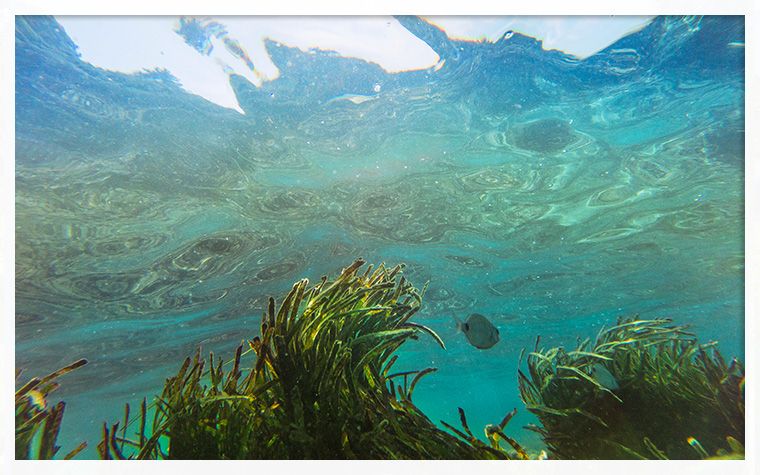
Usage Conflicts in international marine protected areas in the Mediterranean Sea
At the beginning of the 21st century, the sea is a space where economic, ecological, geostrategic, political, cultural and tourist issues are concentrated. In addition to the intensification of traditional activities such as fishing and maritime transport, new activities are appearing or developing in increasingly remote areas, such as aquaculture, offshore energy production, military activities or the use of drones. This increasing development of human activities at sea makes maritime space a meeting place for multiple interests which sometimes overlap and compete with each other.
Borrowed from Sociology, the notion of usage conflicts also applies to Law, although it is not defined by the latter. At sea, the notion can a priori be understood as the meeting of competing - or even incompatible - uses of maritime space or its resources. Generally speaking, the question of conflicts of use refers to the need to reconcile sometimes contradictory interests and objectives. Competition or incompatibility is both legal (normative or institutional), arising from the existence of potentially competing rights or duties resulting from different standards, and geographical, arising from the impossibility of carrying out the two uses in the same space or in adjacent spaces, simultaneously or successively. The fragmented nature of the maritime zones created by the United Nations Convention on the Law of the Sea in fact amplifies the possibility for States to exercise legitimate but competing rights when they concern the same space (exploitation of resources, protection, navigation, etc.).
The superimposition and coexistence in this fragmented maritime area of activities that are increasingly numerous and increasingly far from the coasts also have a negative impact on the marine environment and sometimes risk making future or successive uses of resources difficult, which implies a temporal dimension in the understanding of usage conflicts at sea. Conflicts of use related to environmental protection will therefore be at the heart of the UCMS project, which will focus on conflicts of use within or around marine protected areas.
All of these elements are exacerbated in the Mediterranean, a semi-enclosed sea that concentrates both numerous uses and major conflicts of sovereignty over the maritime spaces claimed by States, in a context of so-called "jurisdictionalization" of maritime spaces. Environmental protection, fishing, aquaculture, renewable marine energy and shipping are all activities that involve various stakeholders (States, regional or international organisations, private operators) and are likely to compete in limited and fragile areas. More specifically, the UCMS project aims to study the reconciliation of activities in marine protected areas, broadly defined as any area benefiting from specific protection on a national, regional and/or international scale. The conflicts studied will concern fishing activities, the exploitation of renewable and non-renewable marine energy, navigation, etc. The study will focus on selected marine protected areas chosen as "representative".
Once the current or potential conflicts of use concerning the protected areas studied have been identified and categorized, it will be a question of studying how the actors concerned (private operators, international and regional organizations and coastal States) react when they are confronted with such conflicts, or how they try to prevent them, using various legal tools.
Project coordination
UCMS project leader: Pascale RICARD (DICE)
Duration
October 2020 to March 2022

